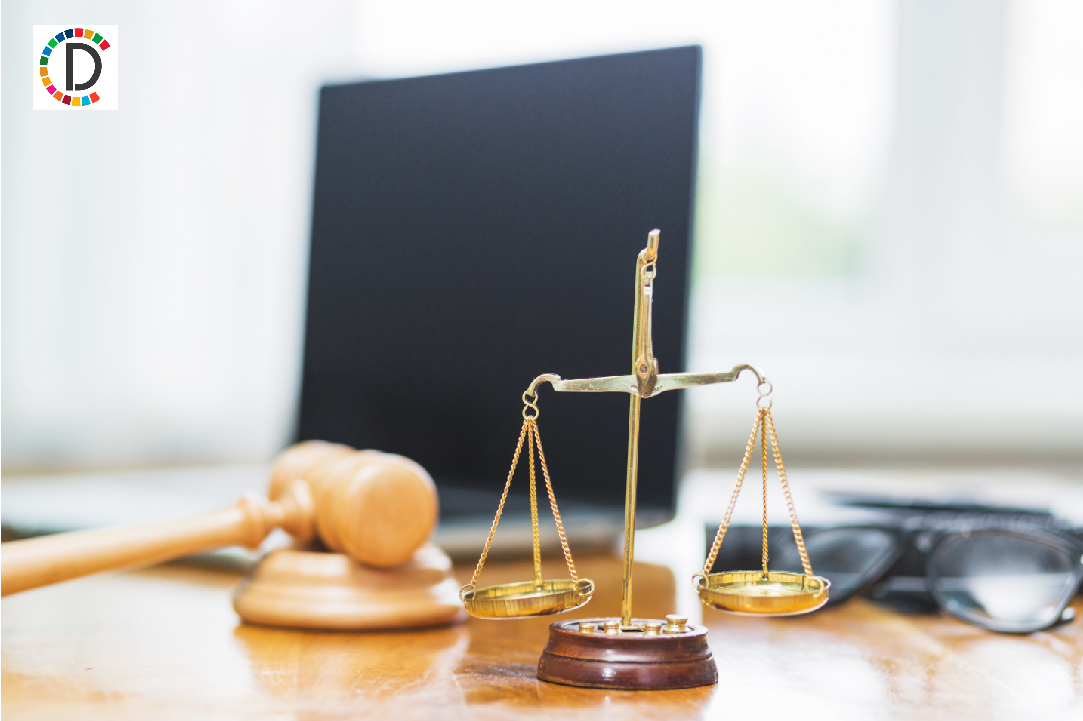UPDATE 3-US judge clears the way for imminent deportation of 8 migrants to South Sudan
The group of migrants had filed new claims in Washington late Thursday after the U.S. Supreme Court clarified that Judge Brian Murphy in Boston could no longer require U.S. Department of Homeland Security to hold them.

Eight migrants lost their last-ditch effort to halt their deportation to South Sudan by the Trump administration on Friday afternoon, clearing the way for their imminent transfer after a judge in Massachusetts denied their request.
Lawyers for the U.S. Justice Department said the men were scheduled to be flown to South Sudan on Friday at 7:00 pm Eastern Time after two courts considered the request on an emergency basis on July 4, when courts are otherwise closed for the Independence Day holiday. The group of migrants had filed new claims in Washington late Thursday after the U.S. Supreme Court clarified that Judge Brian Murphy in Boston could no longer require U.S. Department of Homeland Security to hold them. U.S. District Judge Randolph Moss in Washington paused the deportation briefly on Friday when lawyers for the migrants filed new claims in his court and sent the case back to Boston, where Murphy denied the claim. Lawyers for the migrants and a spokesperson for Homeland Security did not immediately respond to requests for comment. The administration has detained the men for six weeks on a military base in Djibouti rather than bring them back to the United States.
The order was the latest round in the fight over the legality of the Trump administration's campaign to deter immigration through high-profile deportations to countries where migrants say they face safety concerns, and which has already gone from lower courts to the Supreme Court twice. Department of Justice attorney Hashim Mooppan told Moss during the hearing that court orders halting agreed-upon deportations pose a serious problem for U.S. diplomatic relations and would make foreign countries less likely to accept transfers of migrants in the future. The group of men have been convicted of various crimes, with four of them convicted of murder, the Department of Homeland Security has said.
South Sudan has long been dangerous even for locals. The U.S. State Department advises citizens not to travel there due to violent crime and armed conflict. The United Nations has said the African country's political crisis could reignite a brutal civil war that ended in 2018. The eight men, who their lawyers said are from Cuba, Laos, Mexico, Burma, Sudan and Vietnam, argue their deportations to South Sudan would violate the U.S. constitution, which prohibits "cruel and unusual" punishment.
Moss said that he would transfer the case to Massachusetts rather than hear it himself, but remarked that if they proved their allegations that U.S. authorities had sought to subject the migrants to potential abuse after deportation as a form of punishment, they would likely have a valid claim. "It seems to me almost self-evident that the United States government cannot take human beings and send them to circumstances in which their physical well-being is at risk simply either to punish them or send a signal to others," Moss said during the hearing.
The Friday effort to prevent the deportations came after months of back and forth between a Boston judge, the Supreme Court, and the Trump administration. U.S. District Judge Brian Murphy in Boston in May
blocked the U.S. from immediately moving the men to South Sudan after he found that officials had violated his earlier ruling in a class action lawsuit concerning the due process rights of migrants.
That ruling, in April, had blocked the administration from sending migrants to countries where they have no ties without giving them the chance to raise safety concerns.
The Supreme Court on June 23 put Murphy's April injunction on hold
. But Murphy that same day said the high court ruling did not apply to his May order. Calling Murphy's decision a "lawless act of defiance," the Justice Department the next day urged the Supreme Court to clarify its decision.
The nine-member Supreme Court on Thursday, over the dissent of two of its liberal justices, sided with the Trump administration and said its decision serves to reverse Murphy's May order blocking the deportations to South Sudan.
(This story has not been edited by Devdiscourse staff and is auto-generated from a syndicated feed.)
ALSO READ
Paving the Future: A Strategic Transport Agenda to Rebuild South Sudan’s Economy
Miracle Hatch: Indian Rock Pythons Successfully Incubated in Mumbai
Trump Administration's Legal Clash Over South Sudan Deportations
Rs 20.55 Crore Biotech Incubation Centre to Boost Innovation in Raipur
Trump's Cuba Sanctions: A Controversial Revisit








